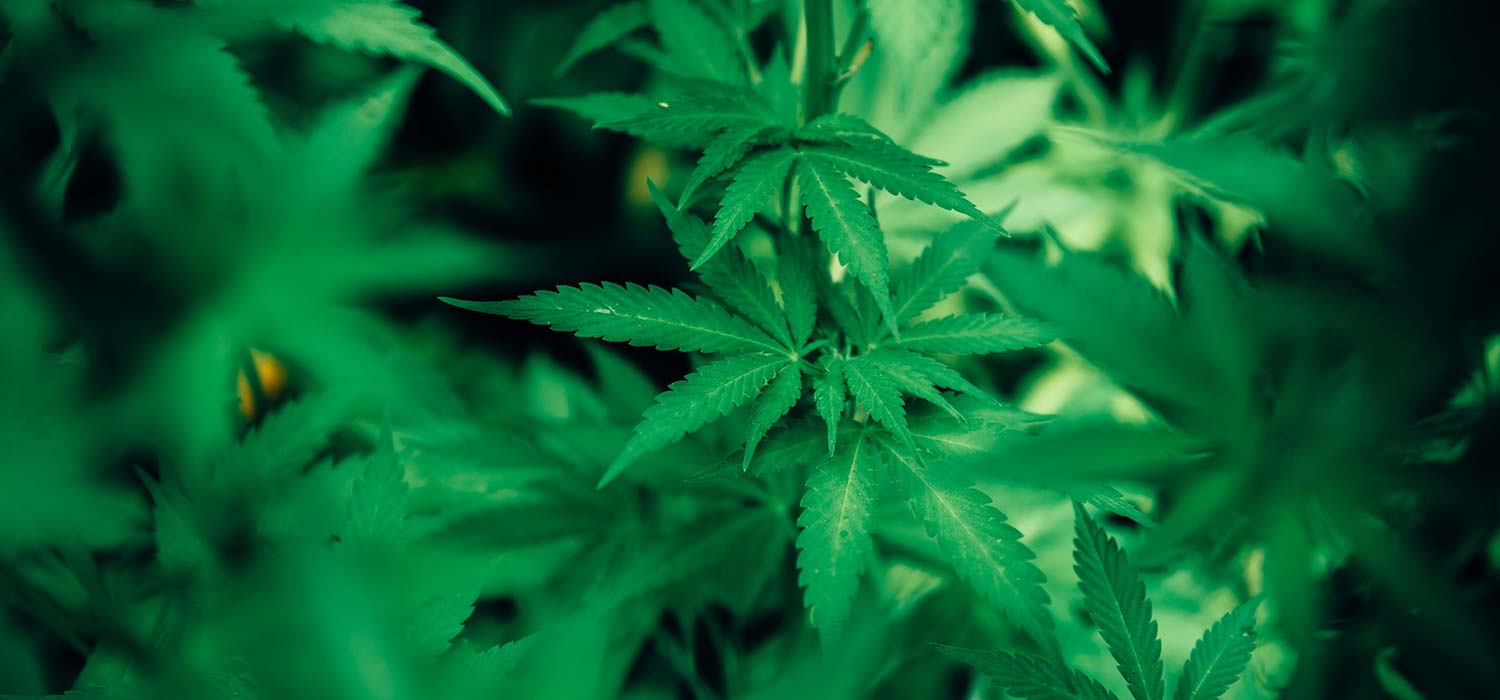Hawaii’s new legislative session is underway and Democrats want to use their majority in the Senate to prioritize adult-use marijuana legalization, arguing the reform is needed to help diversify the state’s economy.
A recent memo from the Senate majority leadership outlining their legislative priorities highlighted cannabis legalization alongside other issues like emergency preparedness, workforce development, improving access to potable water, expansion of EV charging stations, and housing.
Marijuana legalization is mentioned in the section detailing the Senate’s approach towards economic development and infrastructure.
The Senate leadership’s enthusiastic stance on cannabis legalization closely follows a revised draft bill submitted by Attorney General Anne Lopez earlier this month. Despite Lopez’s personal reservations about adult-use cannabis, her office expressed a willingness to support legislation with specific key provisions.
This follows a separate legalization bill that was passed last year in the Senate but that ultimately faltered in the House. Now, there’s a growing sense that 2024 could be the year marijuana legalization finally becomes law in Hawaii.
Speaking at a confirmation hearing last year, Lopez said, “I’ve changed our position from opposition to ‘that train has left the station.’”
Karen O’Keefe, director of state policies for the Marijuana Policy Project (MPP), also believes momentum towards cannabis reform is building, helped by the fact that “the legislature now has a comprehensive vehicle drafted by the AG that can serve as a starting point.”
Nikos Leverenz, of the Drug Policy Forum of Hawai’i and the Hawai’i Health and Harm Reduction Center, sees the potential tax revenues from adult-use cannabis sales as sorely needed but raises concerns about the allocation of future proceeds to special funds in Lopez’s latest bill, emphasizing the importance of legislative discretion in spending.
Leverenz also cautioned against onerous regulations that could undermine the economic benefits of legalization, as he claims has been the case across much of the medical cannabis and industrial hemp sectors.
O’Keefe shares the view that Lopez’s bill is in need of revisions but her focus is on ensuring new proposed rules, such as for safe storage and the adoption of the ‘per se’ standard for determining the THC impairment of drivers, don’t replace one set of punitive sanctions with another.
“Most legalization laws include modest civil fines for minor violations. In contrast, the AG-drafted bill imposes harsh criminal penalties for anything but ‘strict compliance,’” she said.
“An elderly couple who live alone would face up to a year in jail if they store their cannabis in a glass jar they can open instead of a sealed child-resistant and resealable packaging with original labels. Meanwhile, an unscientific ‘per se’ standard will ensnare sober drivers long after impairment wears off.”
Recent new energy behind the push for marijuana legalization in Hawaii can at least be partly attributed to a change of personnel in the governor’s office at the tail end of 2022.
Former Democratic Gov. Dave Ige was against the reform on the basis that he was reluctant to approve legislation that is in conflict with federal law.
Current Gov. Josh Green (D) holds no such reservations. Upon taking office, he made clear he would sign a cannabis legalization bill into law and he shared his thoughts on how marijuana sales tax revenues could be used.






